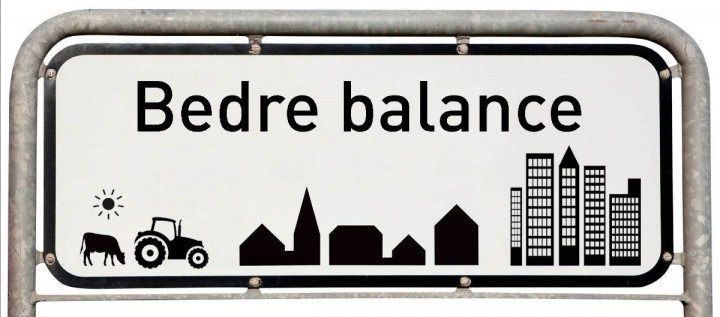"Better Balance" - how Denmark is decentralising government departments
Published in the Nr 28 - October 2020
CLOSE-UP
As in many countries, Copenhagen and its suburbs account for almost a quarter of the population. Consequently, nearly every central and national government department is located in the Danish capital.
Successfully countering this trend by relocating some ministries and agencies across Denmark to be "as close as possible to citizens and businesses" is the government's ambitious goal, as set out in the two "Bedre Balance 1 & 2" (Better Balance) initiatives, overseen by the Ministry of Finance.
After consulting with local authorities with a view to jointly determining local capacities, nearly 8,000 posts – i.e. more than 20% of those currently located in Copenhagen – will, by the end of 2021, be transferred to 60 towns and cities, evenly distributed across Denmark's four regions.
Every government department has been involved, and each submitted a list of potential directorates and establishments.
.

Twenty years ago, the country's public services introduced the concept of "digital by default". This put Denmark into the top three on the DESI (1) since the ranking was launched in 2014. Widespread broadband access and a high percentage of paperless services have made this deployment easier.
Support measures for staff have been negotiated with the unions. They relate both to departing staff who have not found a position corresponding to their expectations (they are given a skills assessment and the cost of qualifying training is covered as part of a retraining initiative), and to those who agree to move to a new location.
Several measures have been put in place to encourage buy-in by staff and to get them to take the plunge:
• Several new structures provide customised assistance in finding accommodation, organising relocation and handling all the administrative procedures (particularly with schools)
• Relocated staff are given the right to telework at least two days per week. In addition, those who wish to maintain their former residence will have their commuting time (up to one hour per day and if it is by public transport) counted as working time.
1 Digital Economy and Society Index.
- For more information: fm.dk (in Danish), (machine translation into English)
